Better Together
Mongolian universities join forces to prepare students for a green economy
15 June 2017, Ulaanbaatar, Mongolia - Higher education is a competitive market. Universities find themselves in a race for staff, students, and research funds. While healthy to a certain extent, the American University Innovation Alliance warns that competition can “impede institutions' ability to achieve collective impact, diffuse innovation, and drive needed changes in higher education”. How does this play out in a country like Mongolia, where 16 public and 80 private higher education institutions are in operation? “Over the past 25 years each university has basically worked by itself,” states Prof. B. Tuvshintugs, Head of the Economics Department at the National University Mongolia. The last time he has seen major collaboration among universities was after the end of the Soviet Union when business schools were trying to come to grips with how to teach subjects like marketing and capital markets.
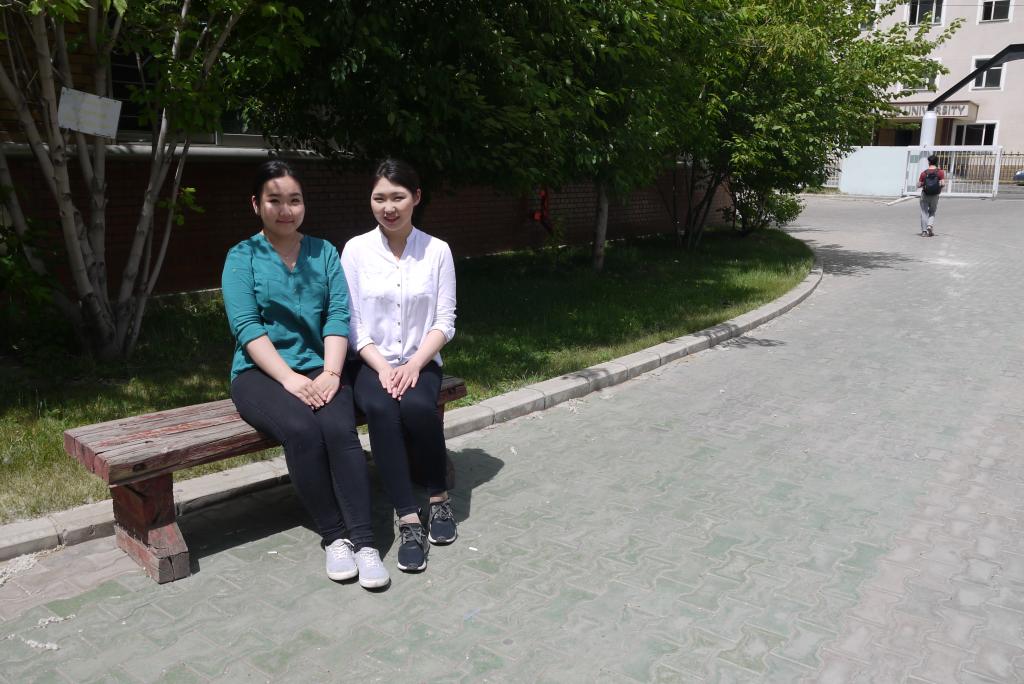
Since a few months a new issue is fuelling cross-university collaboration. Economics and finance departments from different universities have picked up the concept of ‘green development’ and are jointly exploring options for incorporating relevant approaches in their course offerings. The engagement of the universities reflects a broader change in the development agenda of the country, encapsulated in Mongolia’s Sustainable Development Vision and the National Green Development Policy. By 2030 Mongolia “aspires to be amongst leading middle-income countries with stable and democratic governance and a multi-sector economy, which preserves ecological balance”. Higher education plays a critical role in leading the social and economic transformation needed to achieve this vision.
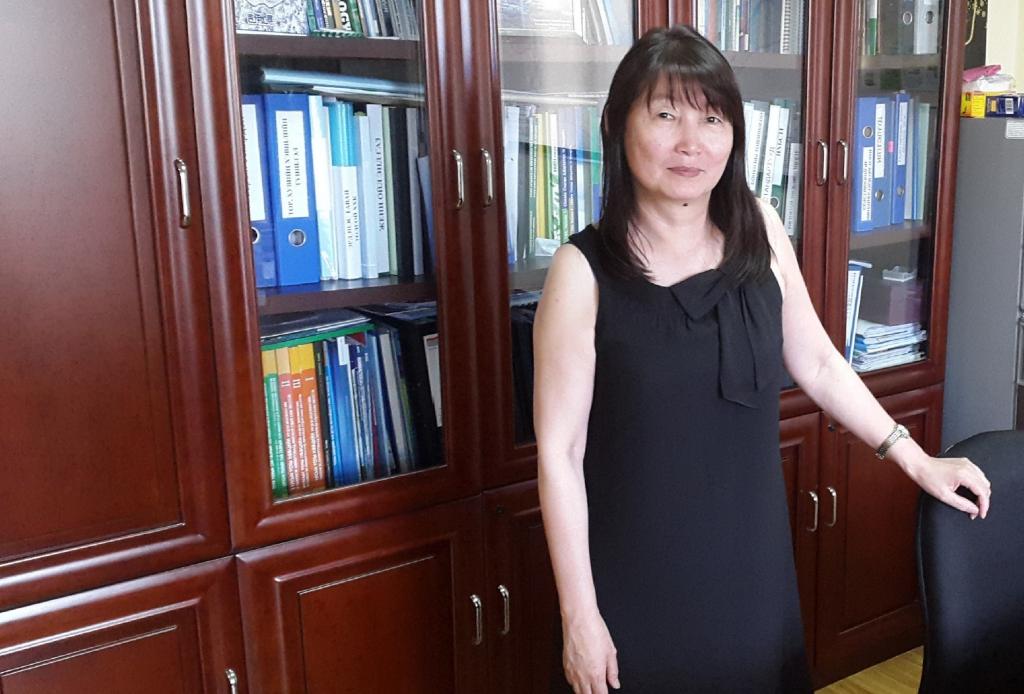
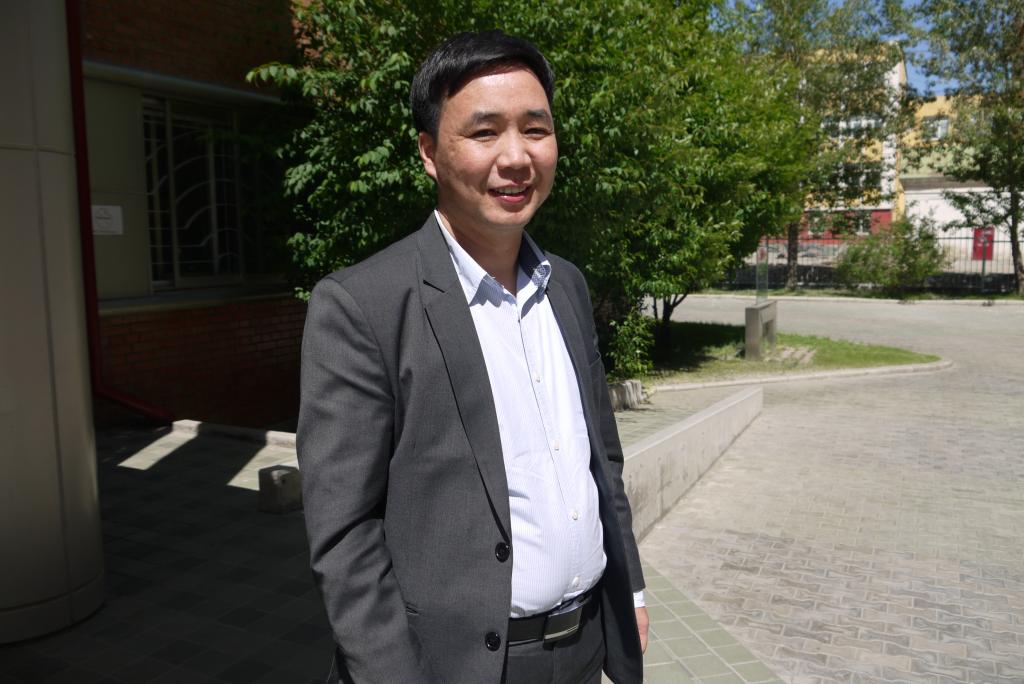
“The basic concepts are there, however there is a need to align university programmes with the skills needs of potential employers, such as commercial banks and government agencies,” explains Prof. B. Bat from the National University of Mongolia, who has conducted a feasibility study on integrating green economy approaches in university programmes. He stands in front of a group of 60 people from academia, government ministries and the private sector who have come to develop action plans for creating new courses on ‘sustainable finance’ and ‘green economy and macro-economic modelling’ and incorporate relevant issues in existing programmes. One of the findings of his study is the importance of continuous training for professors and lecturers. 68% of the surveyed students indicated that the most important factor that influences training quality is teaching methodology and lecturer’s skills.
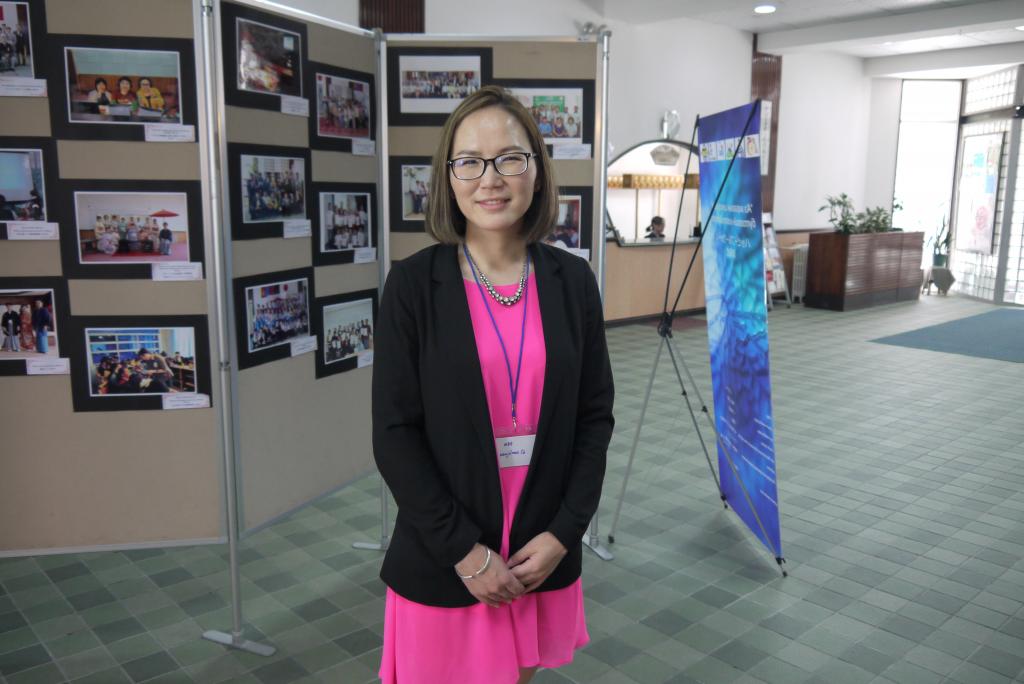
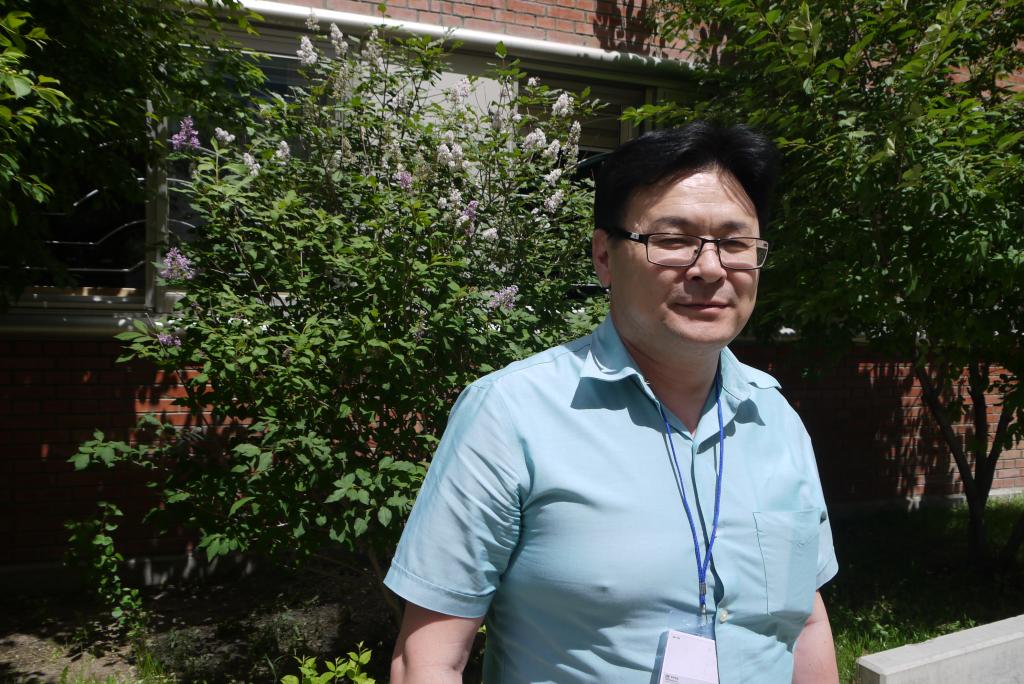
Something notable about the gathering is that it includes the ‘employer’s perspective’: During a panel discussion representatives from the Mongolian Bankers Association (MBA), the Economic Policy and Competitiveness Research Center (EPCRC), the National Development Agency (NDA), the Ministry of Finance (MOF), and the Ministry of Environment and Tourism (MET) discuss what knowledge and skills they expect from university graduates. “The universities are producing sector specialists, but that’s not sufficient”, claims Mr. A. Munkhbold, Head of the Division of Research and Analysis at NDA. “We need people with analytical capacity, that are able to the see the big picture”. 40,000 university graduates enter the labour market every year and many of them do not find employment. The 2016 Human Development Report for Mongolia points out that the more well educated youth are confronted by a higher risk of unemployment. The unemployment rate among youth with a university diploma is 16.2% while only 10.4% for those who only completed secondary school. “We are aiming to transform the higher education sector from an input- to an output-based system that is focusing on the competencies that students need in the job market”, highlights Ms. T. Amarjargalan, Head of the Division of Higher Education at the Ministry of Education, Science, Culture and Sports (MESCS).
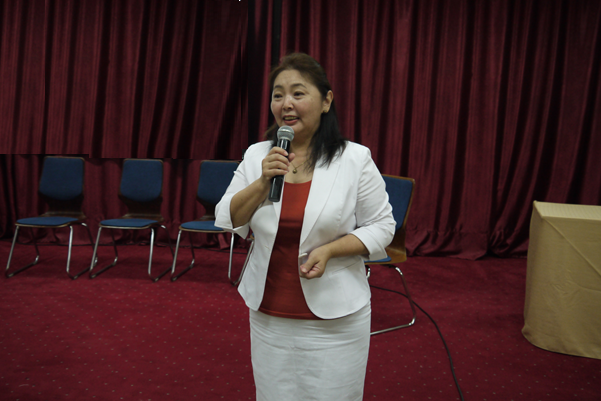
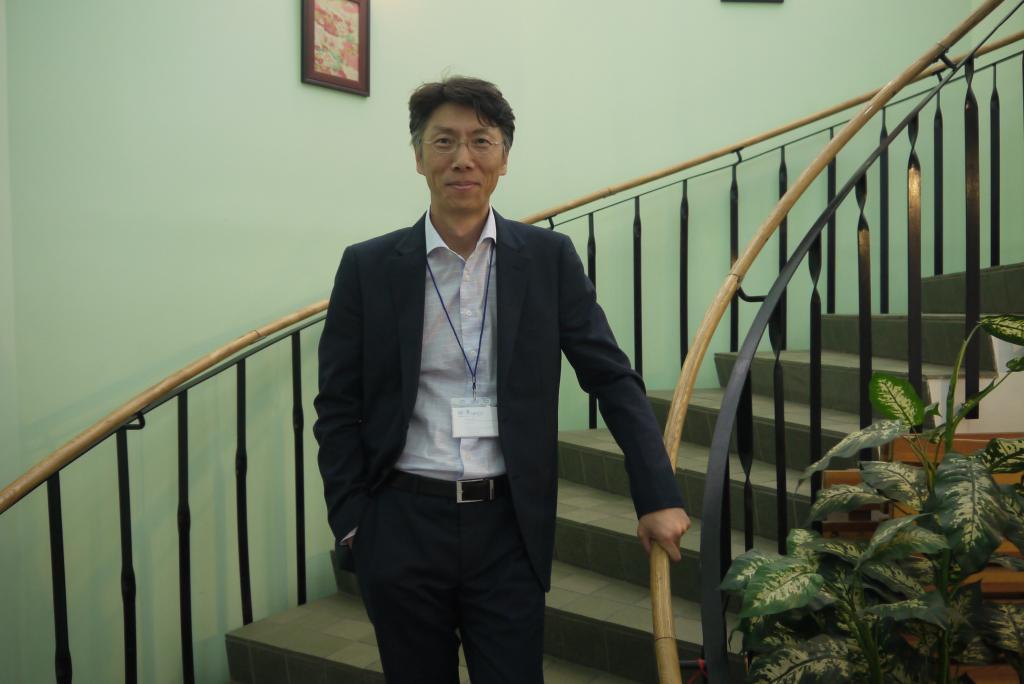
The initiative ‘Mongolian Universities for Green Development’, is supported by MET, MESCS and PAGE. In 2015 the Government developed a National Green Economy Learning Strategy which provided a diagnostic of Mongolia’s legal, political, economic, social and technological conditions as a basis for delivering green economy learning. One of the recommendations of the learning strategy is to work with national education and training institutions to integrate green economy concepts in regular courses and curricula. As a starting point to support this effort, PAGE has supported the feasibility study carried out by Prof. Bat. Going forward, PAGE aims to mobilize additional partners for up-scaling green economy learning at Mongolian universities.
About PAGE
The Partnership for Action on Green Economy (PAGE) brings together the expertise of five UN agencies – UN Environment, International Labour Organization, UN Development Programme, UN Industrial Development Organization, and UN Institute for Training and Research. It supports nations and regions in reframing economic policies and practices around sustainability to foster economic growth, create income and jobs, reduce poverty and inequality, and strengthen the ecological foundations of their economies.
Photo 1: Students at the National University of Mongolia.
Photo 2: Ms. Bulgan, Director for Green Development at the Ministry of Environment and Tourism is advocating for a stronger role of higher education institutions in green development.
Photo 3: Prof. Bat conducted a survey among 100 students and faculty about opportunities and challenges in teaching green economy.
Photo 4: Ms. Ch. Namjilmaa from MBA proposes that knowledge about sustainable finance could be one of the hiring criteria for Mongolian banks.
Photo 5: Mr. A. Munkhbold from NDA warns that Mongolia urgently needs to bridge the gap between market needs and higher education if it wants to achieve its Sustainable Development Vision.
Photo 6: Ms. T. Amarjargalan, MESCS, suggests that having a basic understanding of green development at graduation should be a requirement for all Mongolian students.
Photo 7: In Mr. Hoseok Kim’s experience, Senior Advisor to PAGE, policy support is key for a fundamental shift in the higher education system.

